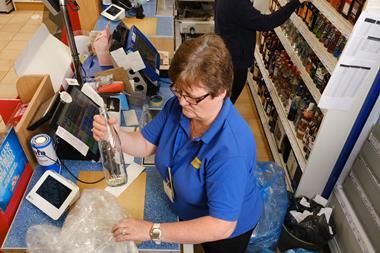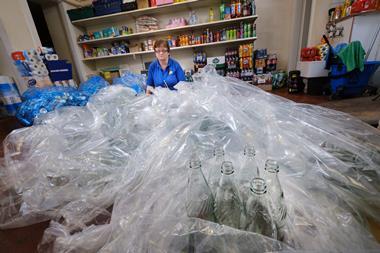ACS calls for DRS clarity in Scottish Parliament evidence session

The Association of Convenience Stores has called on the Scottish government to ensure the proposed Deposit Return Scheme (DRS) is “workable” for local shops, while giving evidence to the Scottish Parliament.
ALREADY HAVE A REGISTERED USER ACCOUNT? PLEASE LOG IN HERE
To read the full story join the ConvenienceStore.co.uk community today!
Registration is quick and easy and provides access to:
- Unlimited ConvenienceStore.co.uk articles
- Our great range of newsletters
- Content you’ve saved for later via the ‘my library’ feature
And much more…































